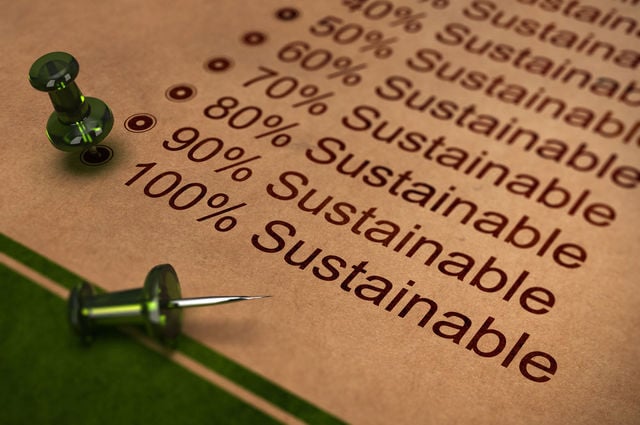How can sustainability be communicated beyond clichés and greenwashing?
31 experts shared their view
Both clichés and greenwashing are amongst the biggest traps to fall into when communicating sustainability. A "let's save the world" claim and tacky towel policy stickers are superficial and unappealing and could be a turn-off to the small group of environmentally and socially-conscious consumers. Green certification and lengthy, detailed corporate sustainability reports may (potentially) be of interest to a small niche group of highly activist consumers, who may not buy into that type of corporate hospitality in any case. However, there is a growing number of informed travelers: Those in search of genuine wellbeing and meaningful experiences at no (or as little as possible) cost to the planet. What works and what doesn't work in communicating sustainability? Any recommendations in regard to communication entering this critical decade?
Sustainability communication can bring to the fore a more authentic and particular hospitality narrative through storytelling. From my point of view, there are three key elements to this. As a first step, the sustainability activities of hospitality companies should be embedded in a wider sustainability agenda such as the UN Sustainable Development Goals. Defining both their positive and negative impact will sharpen their specific contribution to society and will provide plenty of storytelling content.
Secondly, sustainability should be driven by corporate culture and people and not merely by checklists. A content and motivated workforce turn employees into storytellers. An inclusive work environment that allows people to follow and fulfill their individual potential and encourages participation is likely to outperform a top-down sustainability agenda.
As a third point, I would like to highlight the importance of a multi-level communication strategy. A thorough sustainability report, as well as certifications, ensure credibility and orientation in a more than ever informed and critical consumer-landscape. And whilst many will appreciate the existence of such content not everyone might have a closer look. Consequently, the more emotive and digestible content design is of the essence. One that emphasizes not only different measures are taken, but also the personal added value for the guest.
Sustainability communication must leave behind the classic marketing practice of hiding products, services and people behind empty slogans and hoping they will resonate with current trends and lifestyle models. Sustainability communication should be about revealing, sharing and letting in.

